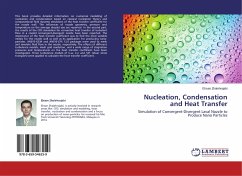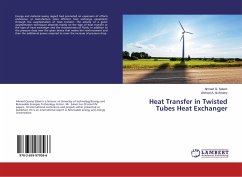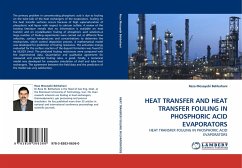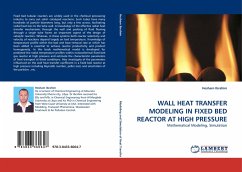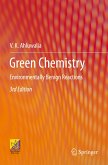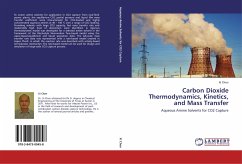This book provides detailed information on numerical modelling of nucleation and condensation based on classical nucleation theory and computational fluid dynamic simulation of the heat transfer coefficient for the nozzle wall. The influences of nozzle geometry, pressure and temperature on the average droplet size are reported. In the second part, the results of the CFD simulation for convective heat transfer of turbulent flow in a cooled convergent-divergent nozzle have been reported. The importance of the heat transfer coefficient was to find the most suitable metals for the nozzle wall as well as its application for producing nano-particles. ANSYS-ICEM and ANSYS-CFX 13.0 packages were used to mesh and simulate fluid flow in the nozzle, respectively. The effects of different turbulence models, mesh grid resolution, and a wide range of stagnation pressures and temperatures on the heat transfer coefficient have been investigated. Three turbulence models of k- , k- and SST (shear stress transport) were applied to calculate the heat transfer coefficient.

